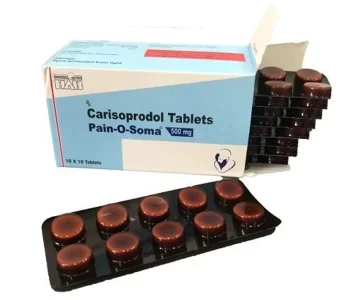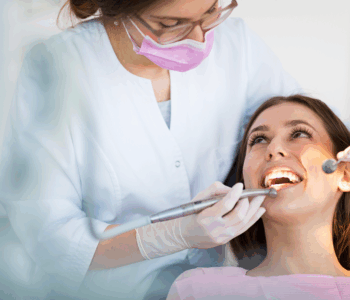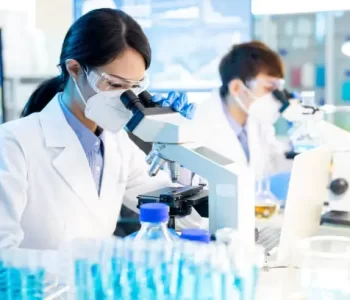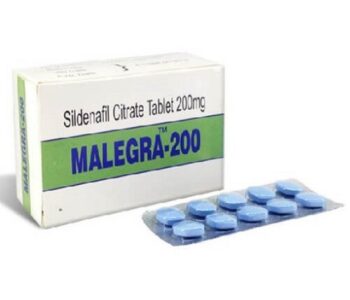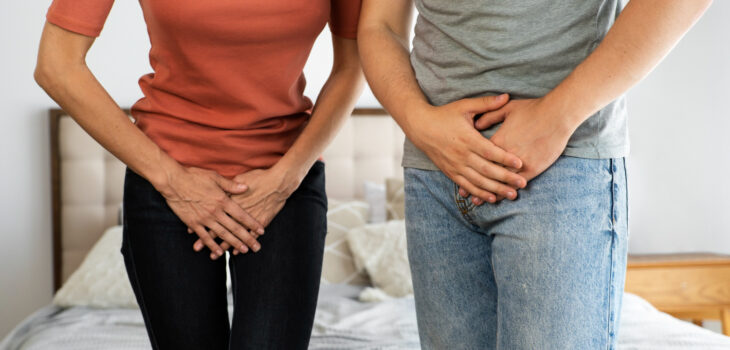 Health
Health
Avoid Recurring Anal Abscesses: Tips from the Top Private…
Introduction
Have you been suffering from recurring anal abscess lately? We understand how pathetic and painful it can be and thus, we bring this blog today. Read on until the end to know the ways for avoiding this issue.
What is an anal abscess?
Also known as perianal abscess, anal abscess is a type of anorectal abscess. It is characterised by pus collection in the tissue surrounding the anus and rectum. Some of the most common causes for this ailment are an obstructed anal gland, sexually transmitted diseases (STD), infected anal fissures, etc. The risk of developing anal abscess increases for an individual who suffers from existing inflammatory bowel conditions, such as, Crohn’s disease and ulcerative colitis.
The saddest part is that even after proper treatment and complete recovery; it presents a high risk of coming back. Such recurrences when left untreated for long can culminate into more severe conditions like anal fistula, sepsis (or septicaemia), faecal incontinence and even cancers.
Top 7 Tips to Prevent Recurrence of Anal Abscess
Anal or anorectal abscesses can reoccur when there is a difficulty in passing stools. Here is a list of some valuable tips and lifestyle approaches that can help you in quick healing of this ailment.
-
Avoid Over-fried and Spicy Foods
Constipation and straining of the anal tissues during bowel movements can deteriorate the abscess surrounding the anal region. Thus, it is better to stay away from oily items, processed and packaged snacks, milk-based products etc. (they can cause indigestion and hardening of bowels). Instead, include fibre-rich foods, such as, green vegetables, fruits, and whole grains to significantly improve gut health and prevent constipation.
-
Hydrate Your Body Well
Drinking water helps flush out metabolic toxins from the system and also prevents fistula development. Thus, consider having eight glasses of water every day – it will soften your stools, aiding in their easy passage. Also, avoid intake of excessive caffeine and coloured beverages (which are available commercially) for they can dehydrate your body.
-
Sitz Bath
A sitz bath involves soaking the anal region in a tub of lukewarm water. Try this everyday for about 15 to 20 minutes (several times) to help cleanse the anal area, reduce the discomfort, and improve blood flow. It will also promote healing of the anorectal abscess in a short time.
-
Visit the Toilet Whenever You Feel The Urge
Never make the mistake of ignoring the natural urge to relieve the bowels. It is your body’s signal to the natural bowel movement. If you wait for too long to pas the stools, your anal and rectal muscles will weaken gradually, leading to faecal incontinence, over time. Also, the longer you hold in, the worse your anal fistula or abscess will become.
-
Use Stool Softening Medications or Natural Laxatives
Laxatives fall under a group of medicines that stimulate your bowel motion and help in easy passage of stools. They are the best in treating hardened bowels and constipation. Stool softeners are also similar – they promote intestinal contractions for cleansing down the accumulated undigested wastes.
-
Get Proper Rest
Several gastroenterologists state that the better the sleep quality is, the fewer are the chances of developing digestive disorders. For example, bloating, constipation, diarrhoea, etc. This especially holds true for individuals who suffer from irritable bowel syndrome (or IBS). Thus, you must ensure getting an uninterrupted sleep of at least seven to eight hours, every night. It can significantly improve your gastrointestinal (GI) health and keep anal fissures at bay!
-
Avoid Unnecessary Stress
Chronic stress can lead to digestive issues like indigestion and constipation. Over time, it can deepen an existing anal abscess, resulting in formation of anorectal fistula. Excessive stress hormones can negatively affect the body and disrupt the normal digestive mechanism. So, practise the best stress-busters, such as, yoga, mindfulness, meditation, journaling, etc.
Is An Anal Abscess Serious?
Unless managed promptly, anal abscesses can get complicated, causing fistulas. Also, they can grow and eventually turn into a chronic systemic infection. However, the good news is that they are treatable. If a fistula has already occurred, you may require more invasive and costly surgical procedures to completely treat it.
Conclusion
Are you noticing frequent anal abscess? Do not sit back to welcome unwanted complications down the line. Consult a private GP in South Kensington for personalised consultation and remedies today!
Frequently Asked Questions (FAQs)
-
Why do some anal abscesses keep coming back?
Recurring anal abscesses often happen due to:
- Unresolved underlying infection
- Formation of a fistula-in-ano (an abnormal tunnel between the anal canal and the skin)
- Inflammatory conditions like Crohn’s disease
- Diabetes or other immune-compromising conditions
- Incomplete drainage or treatment of the initial abscess
-
What is the link between anal abscesses and anal fistulas?
Up to 50% of anal abscesses can lead to the development of a fistula, especially if the abscess doesn’t heal completely. A fistula allows bacteria and stool to pass from the inside of the anus to the skin, causing recurrent infections and abscesses.
-
How are recurring anal abscesses treated?
Treatment options include:
- Incision and drainage (I&D): The primary method for relieving pain and removing pus
- Antibiotics: Used if the patient is immunocompromised, diabetic, or has signs of systemic infection
- Fistula surgery (fistulotomy or seton placement): If a fistula is identified
- Imaging (MRI or ultrasound): To locate deep or hidden fistulas
Persistent or recurring abscesses usually require surgical evaluation to address the root cause.
-
Do antibiotics alone treat an anal abscess?
No. While antibiotics may support healing or be used alongside surgery, they cannot replace drainage. Abscesses must be surgically drained to fully remove the infected material. Antibiotics alone rarely cure the problem and can lead to recurrence.
-
Are recurring anal abscesses a sign of a serious condition?
They can be. Recurrent abscesses may be a sign of:
- Crohn’s disease
- Diabetes
- Hidradenitis suppurativa
- Tuberculosis or sexually transmitted infections (in rare cases)
If you’ve had multiple abscesses, you should be evaluated for underlying health conditions.
More Health Related Article: https://vibrantlivingblog.com/category/health/

